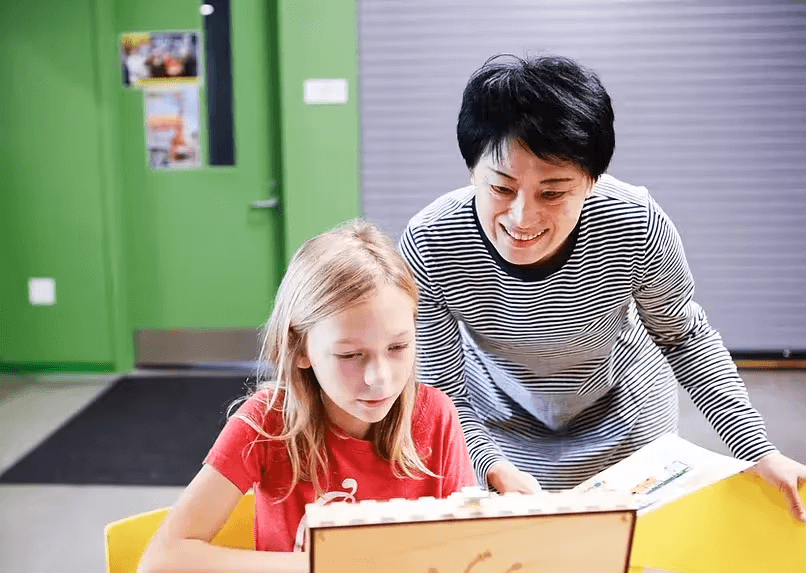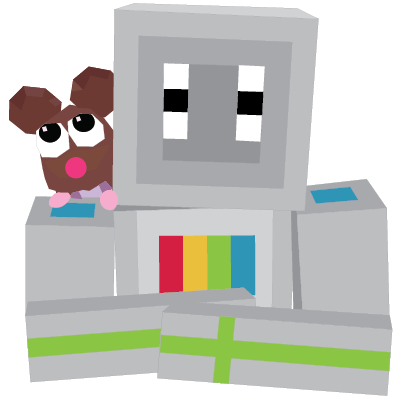COMMUNITY
Welcome to the Piper Community!
Featured Activity
Build a Candyland Board Game with Piper Make!
The students are designing and building a board game based on the popular Candyland game mechanic. Instead of cards that indicate the color of the space to move to, an LED lights up in the color of the space the player should move to.
- Learn how to use input/outputs, LED’s and button.
- Learn how to use loops, random number generator, variables and if/else logic and wait.
- Use creativity to design a board game following a rule set.
- Use art to design movers (or borrow from a game).
- Gain feedback and use feedback to iterate on designs to improve upon the gameplay experience.
Designing the Game Board
Use a sheet of paper to draw a path of spaces with clear start and finish spaces. Randomly color the squares Green, Red, Yellow and Blue.

Choose a theme for your game and come up with a name. It doesn't have to be about candy! Other examples could be earth, mars, minions, someone’s face, human digestive system, etc.
There must be at least 24 spaces on the board and an even amount of each color.
Option #1: print out a pre-made game board (colored or not colored) to start from. Many examples may be found online.
Option #2: Mark on the game board game spaces that require a user to do something special like:
- Go again
- Miss a turn
- Skip forward X spaces
- Move back X spaces
- Skip forward X color spaces
Build Your Electronics with the Piper Make Starter Kit
Using your Piper Make Starter Kit, take out the following items:
- Starter Kit base with Pico and Breadboard
- 5 LEDs (red, blue, yellow, green)
- 8 Jumper Wires (any colors)
- 1 Button (any color)
- 4 Resistors
Assemble the electronics per the diagram and/or photo below. Make sure to match the wires to the correct GPIO pin and leads of the LED or button.

Building your Code
Go to make.playpiper.com to start building your code. From the main menu find the button for CREATIVE MODE in the bottom right corner of the control panel. In Creative Mode click on NEW PROJECT and name the project anything you want.

Use the image below to see what code to build. The code boxes in red are FUNCTIONS.

Designing the Player Pieces
Each player will need a unique Player Piece. This can be any object that will mark where the player is on the board, but the object needs to be unique to tell the Player Pieces apart.
Playing the Game
All players put their mover on the start space. Youngest player goes first. The player presses the spin button and waits for the color to be revealed. The player moves their mover to the next space of that color. If there are any special instructions on that space, the player must follow those instructions.
Players take turns until one player reaches the end of the map (or all players finish and are placed by order finished). The winning player must roll the exact color of the last space.
Iterate:
What was not fun about playing the game? How could you make it more fun? How could you make the game last longer, take less time… etc.
To extend this project with your students, have them design a new game board based on the feedback and intended results.
Hope you enjoyed this project!







